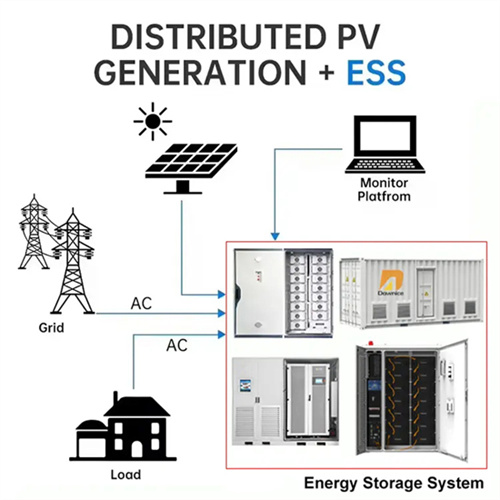About Lithium lead battery
As the photovoltaic (PV) industry continues to evolve, advancements in Lithium lead battery have become critical to optimizing the utilization of renewable energy sources. From innovative battery technologies to intelligent energy management systems, these solutions are transforming the way we store and distribute solar-generated electricity.
When you're looking for the latest and most efficient Lithium lead battery for your PV project, our website offers a comprehensive selection of cutting-edge products designed to meet your specific requirements. Whether you're a renewable energy developer, utility company, or commercial enterprise looking to reduce your carbon footprint, we have the solutions to help you harness the full potential of solar energy.
By interacting with our online customer service, you'll gain a deep understanding of the various Lithium lead battery featured in our extensive catalog, such as high-efficiency storage batteries and intelligent energy management systems, and how they work together to provide a stable and reliable power supply for your PV projects.
Related Contents
- Can i charge lead acid battery with lithium charger
- Car battery lithium or lead acid
- Lithium lead battery
- Lithium battery vs lead battery
- 12v lithium ion battery vs lead acid battery
- Can a lithium battery be charge with lead acid charger
- Lead acid battery vs lithium ion
- Lead acid battery compared to lithium ion
- Lithium battery max voltage
- 60v lithium ion battery pack
- Lithium battery msds 2023
- Test lithium battery capacity


